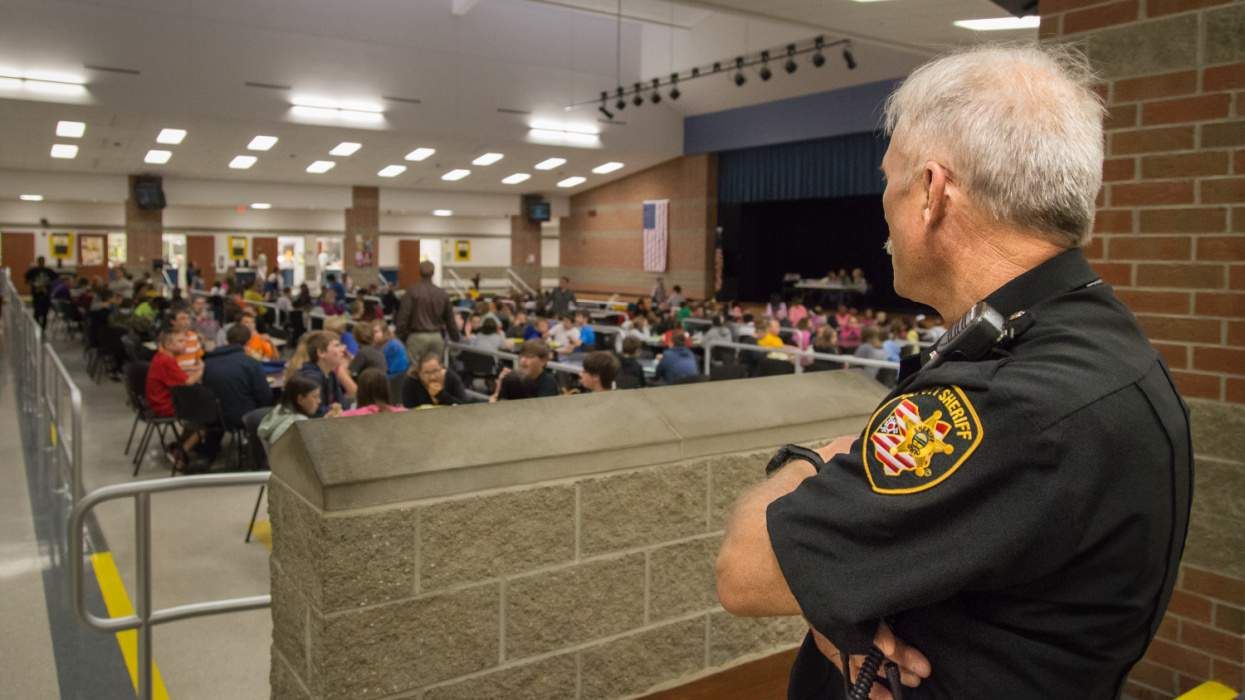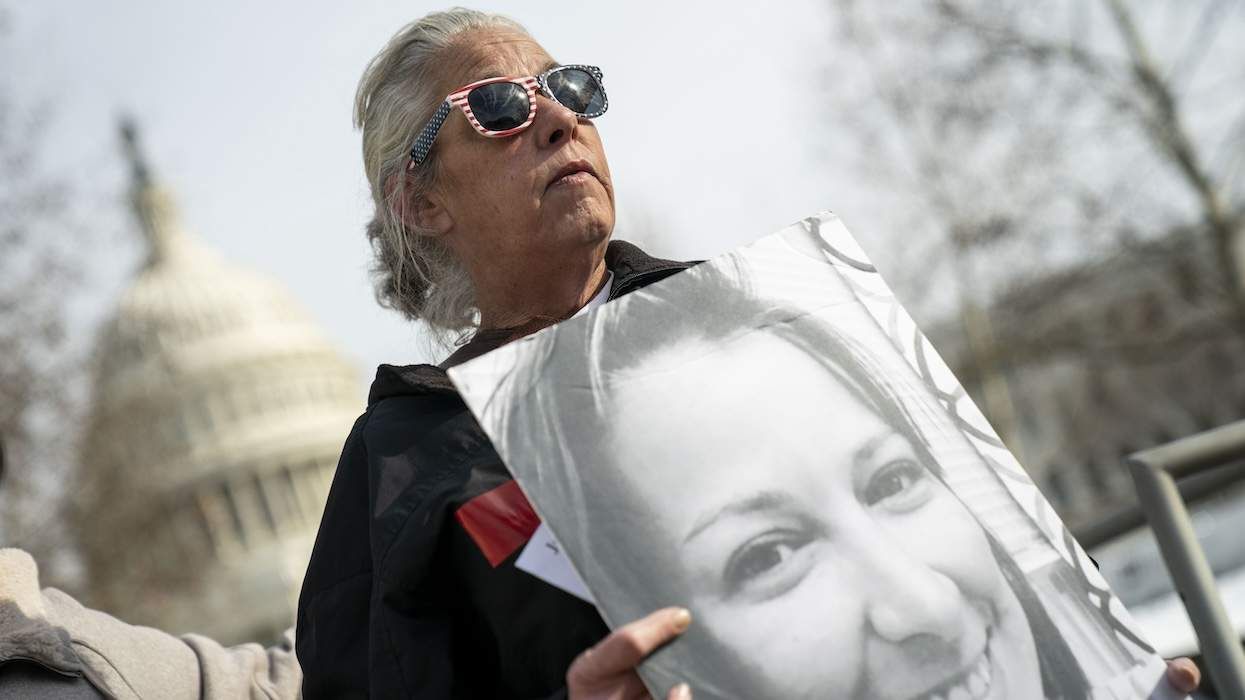The Russian propaganda campaign leading up to the 2016 presidential election included a page targeting LGBT people.
LGBT United and several other Facebook accounts set up by Russian operatives said "relatively little" about who to vote for but served "to identify voters and sort them into buckets based on the issues they responded to," The Washington Post reports. This was the first part of the Russian disinformation effort; the second was targeting those voters with ads. And the goal seemed to be discouraging voter turnout.
Jonathan Albright, research director at the Tow Center for Digital Journalism at Columbia University, analyzed LGBT United and five other Russian-backed Facebook accounts and published his findings online Thursday, the Post reports. They are among of 470 Russian-created accounts have been identified publicly, all now been shut down. All 470 came from what the Post calls a "Russian troll farm" known as the Internet Research Agency.
The six accounts analyzed by Albright saw their content shared 340 million times. That represents how many times the content turned up in a Facebook user's news feed but doesn't indicate if someone read it. But the accounts also had 19.1 million interactions, indicating engagement with a post -- hitting a "like" button, making a comment, or resharing with Facebook friends. Extrapolating from these numbers, all 470 accounts, now shut down, may have had their posts shared billions of times.
Besides LGBT United, the accounts Albright studied were Blacktivist, United Muslims of America, Being Patriotic, Heart of Texas, and Secured Borders. They were "tailored to fit seamlessly into the ordinary online conversation of their particular audiences," the Post notes.
"The tone of the posts varies strikingly by the page," the Post report continues. "The one seemingly managed by a lesbian is intimate, confidential and chatty, with complaints about parents and teachers not understanding the challenges of being young and gay. The English is nearly flawless. One popular post said simply, 'Bi and proud!' with a thumbs-up emoji attached to the end."
Other LGBT-related posts uncovered by Albright discuss news stories of the time -- Kentucky county clerk Kim Davis's court battle over her refusal to issue marriage licenses to same-sex couples; out actress Ellen Page's take on homophobic Republican presidential hopefuls Ted Cruz and Mike Huckabee; a study on the importance of family acceptance for LGBT young people. The posts on LGBT United and the other accounts analyzed by Albright often posed questions, a factor that led people to comment on them and reshare them.
If the Russian accounts have any "discernible political motive ... the goal seemed less to inspire enthusiasm for one candidate than to dampen support for voting at all," the Post reports. Albright told the paper, "A lot of these posts had the intent to get people not to vote. This is a concerted effort of manipulation. Based on the engagement and reach and the outcome of the election ... I'd say it's been fairly successful, sadly."
Facebook had no immediate comment on the study, according to the Post.















